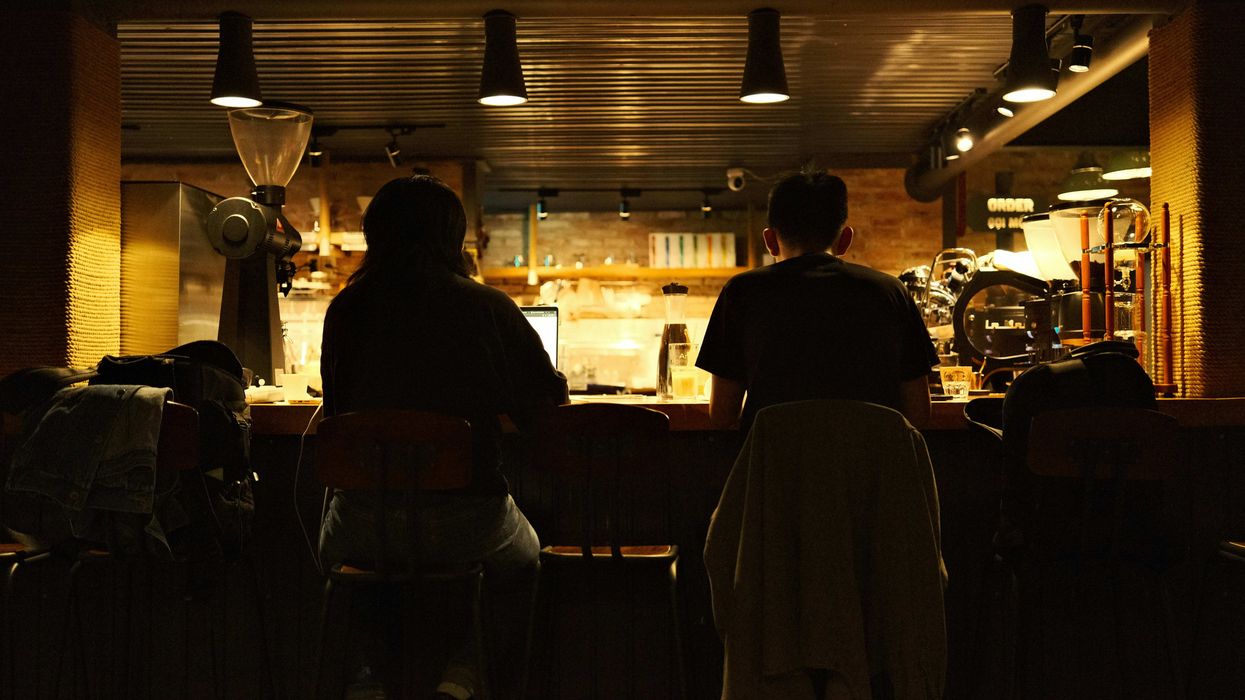A professional hacker told the Huffington Post that she never feels safe online but offered security tips to prevent your identity from being compromised.
Stephanie Carruthers is a "white hat" hacker, or an ethical hacker, whose work comprises of "phishing campaigns and physical security assessments." But her main objective is bringing awareness to her clients' vulnerabilities.
One of her main caveats was about selfies.
"I try not to label things as dumb, but uneducated," she told the Post, referring to the dumb things people do online that expose them to vulnerability.
I would hope that if someone truly understood the risk of the content which they are putting online, that they would reconsider posting it.
New drivers often post photos of their licenses, oblivious of the information they're volunteering to the Internet.
Excited teens (or even parents) taking a proud but up-close picture [of their new license] that has all their personal information, including home address.

New homeowners share their exciting news with a picture of themselves in front of their newly acquired dream home, often with keys in hand.
Homeowners taking a celebratory picture of their new house key and geo-tagging their new house without realizing that it is [easy] to duplicate a physical key from a photo.
Employees should take caution of their surroundings when snapping a selfie at work.
Employees will often take selfies with complete disregard for what's in the foreground or background of the picture, including passwords/sensitive information on whiteboards, computer monitors, voicemail passwords taped to their phones, etc.
When asked what people should refrain from doing on social media is posting without thinking. Carruthers said you should think about what is in the background of your selfie and be cognizant of how the information in the photo's background could be used against you.
Careful what you post to Facebook. Carruthers said that some of the most important information can be collected from what's posted on someone's profile.
Facebook correlates a huge amount of data, such as your friends, co-workers, family, your job, your hobbies, your kids, etc. Many answers to security questions [used for bank transactions and password resets] can be found just by looking at someone's Facebook account.
So there you have it folks. You don't have to stop taking selfies altogether for fear of being hacked. It just means you have to get creative with taking a photo and avoid revealing too much of yourself. Happy snapping!
H/T - HuffingtonPost, Twitter

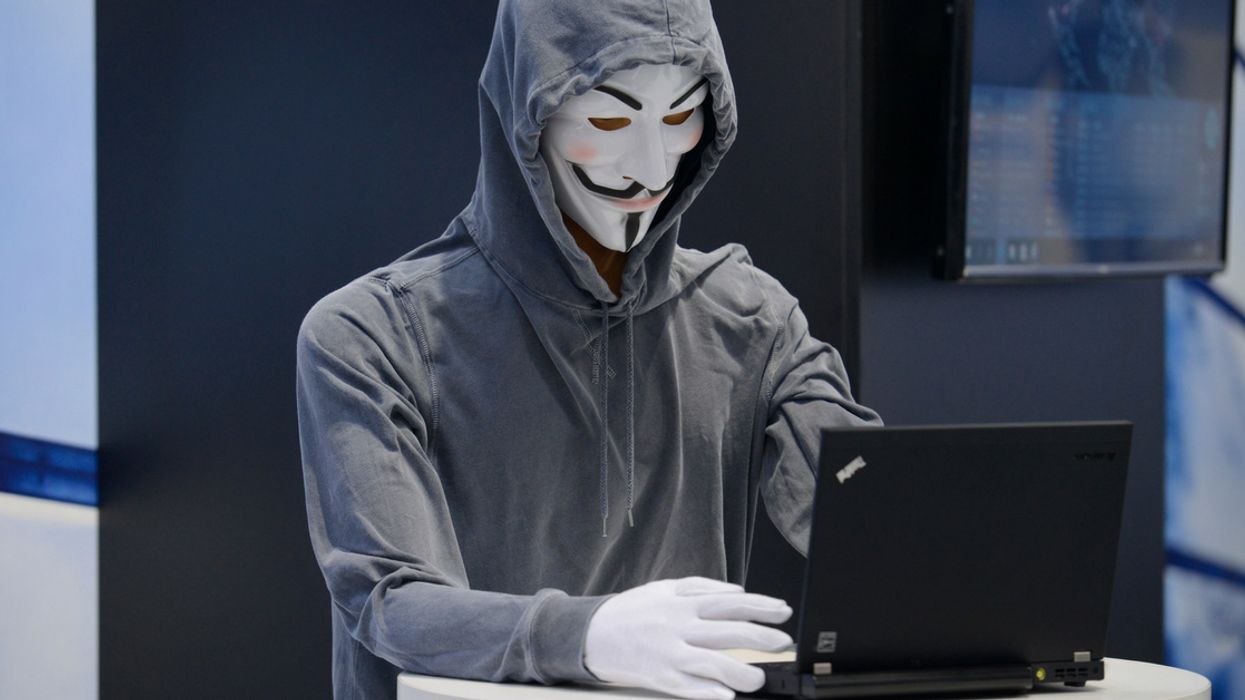



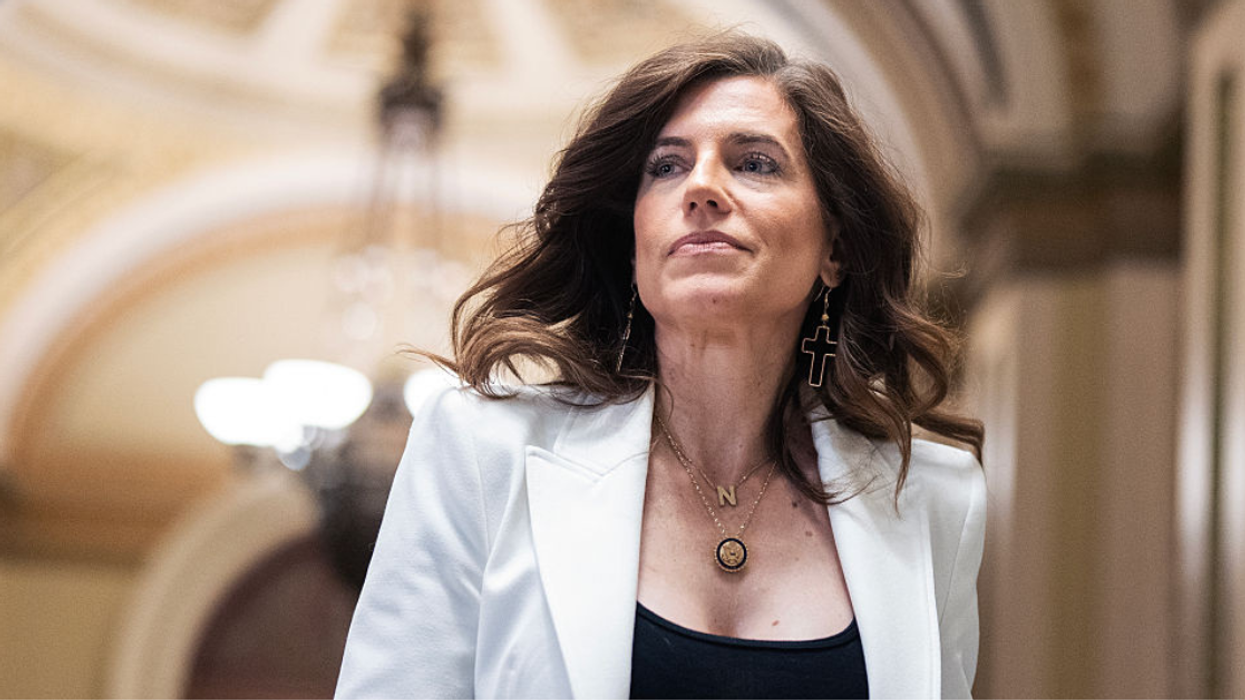
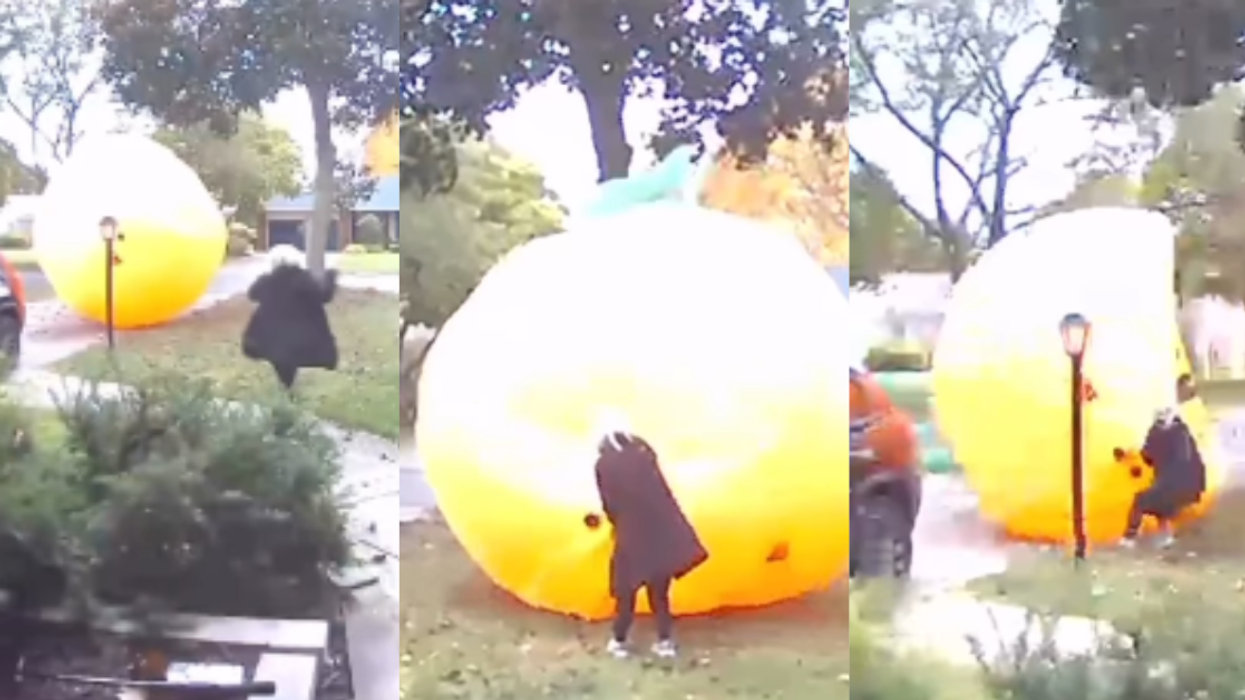
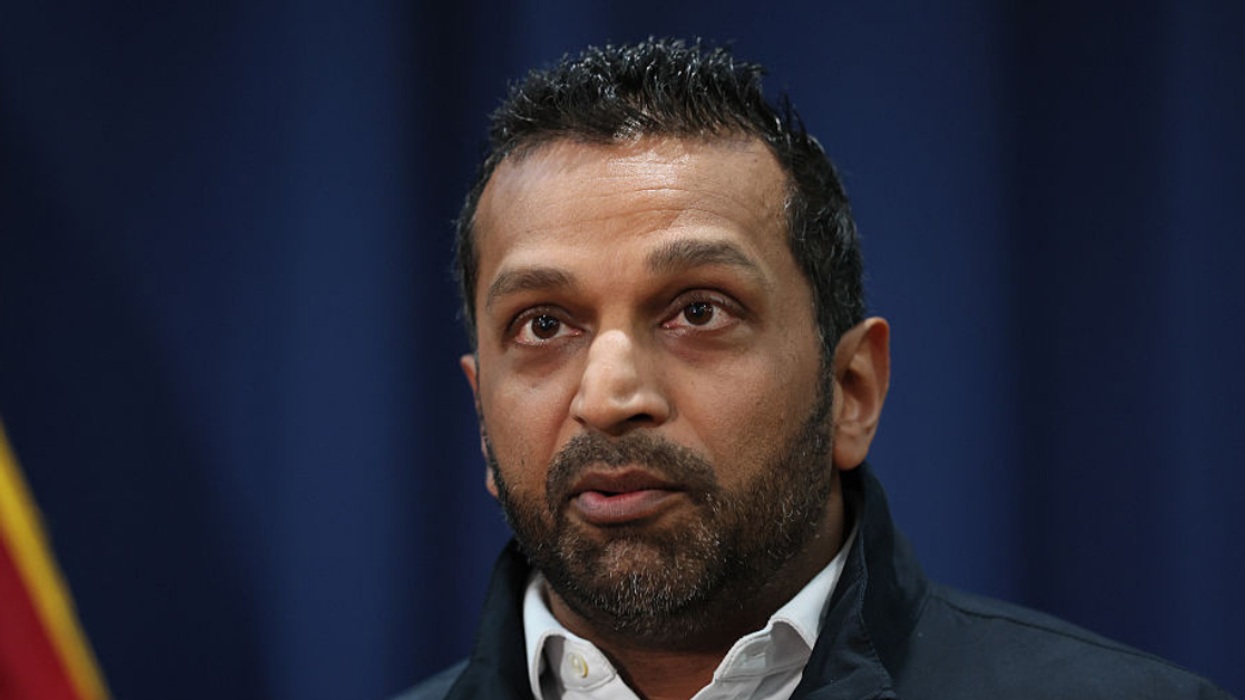



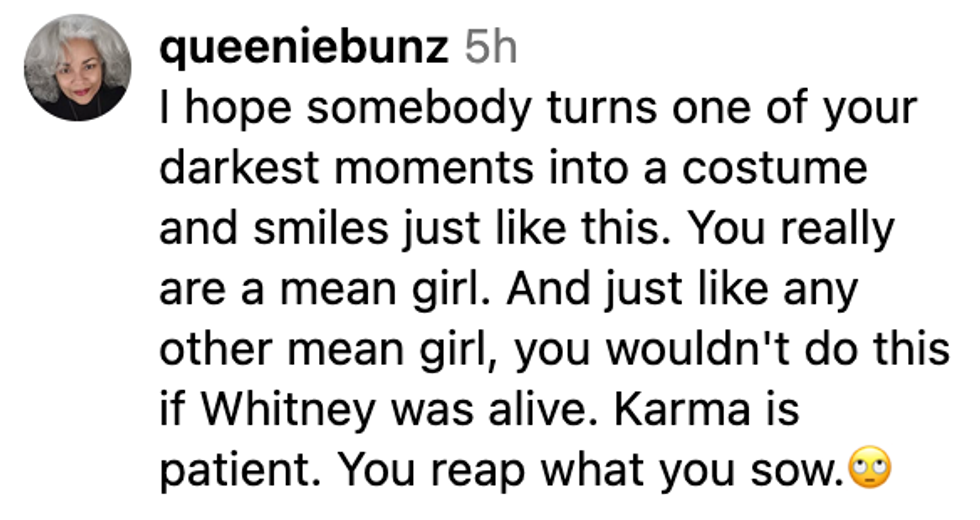

 @winnieharlow/Instagram
@winnieharlow/Instagram




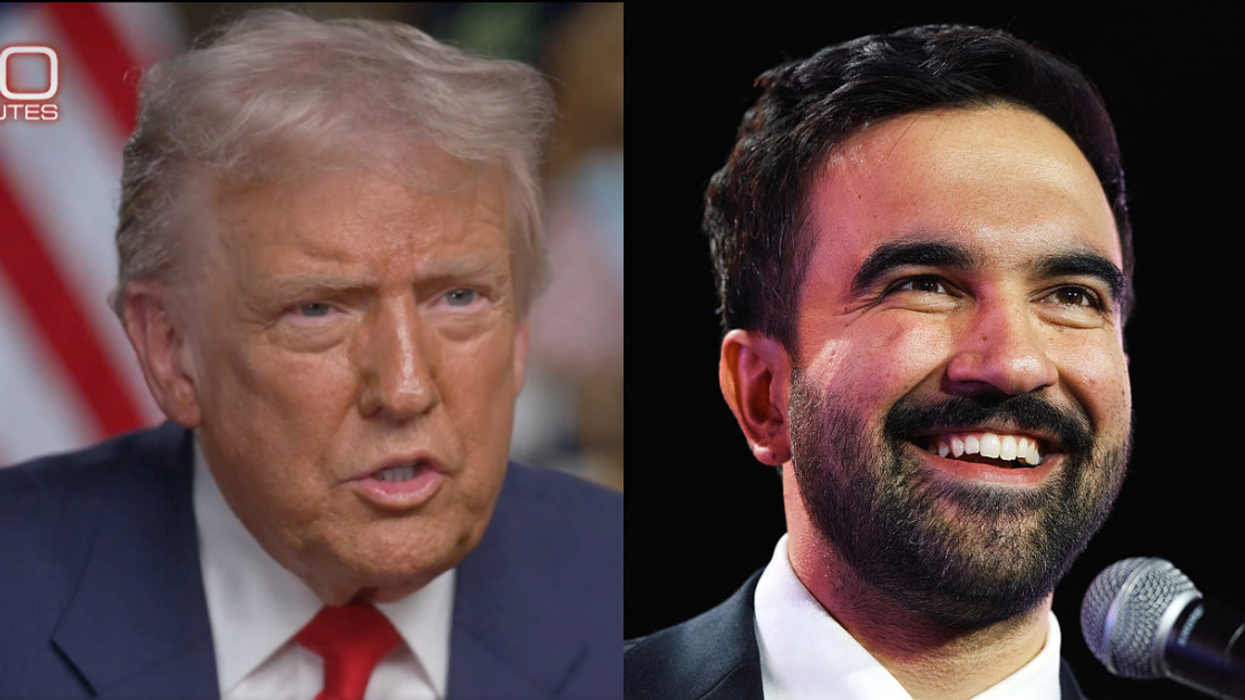

 @realDonaldTrump/Truth Social
@realDonaldTrump/Truth Social